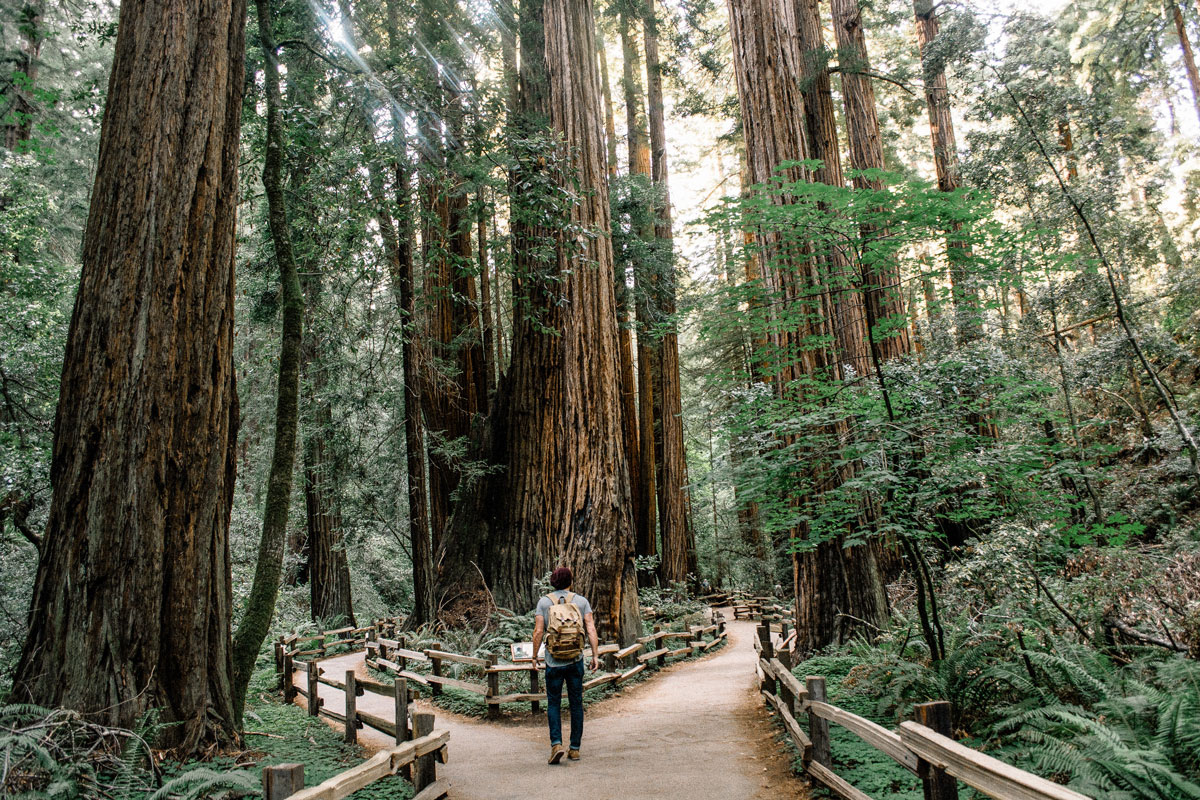
Pervasive suffering and shared vulnerability
COVID-19 continues to play havoc across the world as it finds its way into every corner of society, culture, community, and demographic. Like all adversity, the virus itself does not discriminate, nor does it seek to punish. Instead, it reminds us of our shared vulnerability. It also highlights those who have been made most vulnerable, either by our individual and collective choices and decisions, or more likely, by those who have made decisions on our behalf. Privilege affords no protection from its reach, although it often makes a significant difference in survival rates and recovery – economically, socially, and from the perspective of well-being.
Meanwhile, death rates continue to climb. First waves continue to flourish unabated in some countries as second waves emerge in others who have worked hard to contain its spread. The negative impact on the global economy has been record breaking and it is struggling to recover.
As with all adversity, existing and pervasive human suffering becomes amplified. Lost opportunities to alleviate its causes become the means for its perpetuation. The imbalanced equities of our society’s power, wealth and resources further reinforce its entrenchment. Such imbalance locks many people into circumstances they find difficult to manage and even more difficult to escape.
In response, at national and international levels, we have witnessed an array of leadership styles driving decisions on how best to deal with the virus and its effects. Some leaders are worthy of high praise, others cautious recognition, and for a few, deep expressions of disappointment. Where leaders have recognised the gravity of the situation and taken generous and decisive action, predicated upon a genuine concern for the well-being of their constituents, the reaction has been highly regarded. Political opinion polls unambiguously reflect this sentiment. For those leaders who failed to heed this approach, otherwise avoidable suffering has flourished.

An opportunity for transformation
Out of the ashes of adversity and its destruction arises the opportunity for rebirth, renewal, and transformation. Rarely are these processes without their own difficulties. But the difference is, for many people they create the opportunity for more fortunate circumstances. However, the extent to which these fortunate circumstances manifest is largely reliant on two principles. The first is redefining what we hold as value (in our Minds such as love) as well as what we place value upon (external phenomena such as treasured possessions). The second is our collective ability to be generous. Such generosity extends to materiality (such as using the external power available to us to redistribute and share our wealth and resources) and our internal power to be generous of thought, word, and action, or put another way, our generosity of Spirit.
We generally hold and place a set of values that, left unchallenged by adversity or difficult circumstances, remain largely unaltered over time. They also exist within varying degrees of ignorance of what is profoundly important to ourselves and to others. When adversity rises, our values are challenged and much of our ignorance is dispelled, often revealing a new set of values that accords more closely with a greater sense of well-being and happiness. They also tend to become more universal; more of us tend to share these same values. The rupture of COVID-19 is forcing this re-evaluation globally, and many are responding positively to its effects.
At least in the initial phases of the response the best of our national leaders, such as the leadership exemplified in Australia and New Zealand, re-evaluated their priorities and placed well-being of people ahead of political opportunity and rational economic gain. They used the power available to them (which is significant) to redistribute the equities of wealth and resource to provide literally millions of people with a financial safety net. The re-prioritisation of what was important (well-being) along with a generosity of national Spirit made a difference to many. Unfortunately, other leaders took divergent views such as maintaining the pursuit of political opportunity and rational economic gain over the well-being of their citizenry whilst failing to appreciate how much suffering ensued from their decisions. The contrast is striking.
Re-evaluation, generosity and community
Such re-evaluation and generosity have not only been evident nationally, but myriad examples can be found in the everyday stories of countless numbers of people. We witness these stories daily in our health care system, our local communities, many of our public and private institutions, and within our friendships as examples.
Over the course of the past few months I have watched a couple almost face financial ruin after heavily investing in their dream to run a local restaurant loved by many in their community. Sadly, the social distancing restrictions made their business unviable. The look of stress and concern on the owner’s faces cut deep into the emotions of those that knew them as they struggled to work out how they were going to financially survive.
Government support gave them the chance to look after their staff. This was a great relief, as they saw them as an inherent part of the success of their enterprise. It also gave them time to re-evaluate their circumstances. Running a local restaurant placed enormous demands on their family, and they realised that time with their young children as well as their own mental and physical well-being were most important. They converted their business to take-away and produced a range of food that locals generously purchased to show their support. Often, people would queue outside in all sorts of weather conditions without complaint, not only to purchase supplies, but to check on the welfare of the owners. Re-evaluation and generosity were working simultaneously to create a better world. They have now converted their business into a shop front selling a range of produce loved by the locals. It has also given them more regular hours that affords them more time for family and a greater sense of well-being.
It is a simple example but a powerful one. Adversity fractured their world, reasonable institutional support was made available, they committed to working through the difficult process of re-evaluation and transformation, and communities generously responded in support. Of course, the process was necessarily imperfect with many obstructions along the way (including having to deal with self-centred people) but the outcome resulted, not in a perfect world, but a better one. And really, isn’t that the wish of all of us; that the world gets better?
The silver lining of most adversity is that it affords us the opportunity to re-evaluate what is profoundly important and express a generosity of materiality and Spirit. But to work well, we must all engage in its invitation. Leaders at all levels, public and private, and of any political persuasion need to commit sensibly and reasonably to using the power made available to them to redistribute and re-prioritise wealth and resources for greater well-being. Those experiencing adversity need to commit and be supported in courageously navigating the complexities of the emerging circumstances and re-evaluate what is most important. All of us need to genuinely express our generosity of materiality and Spirit to the extent to which we are able.
COVID-19, like every other adversity before and after it, from the micro to the global, from the overt to the covert, affords us a choice; to re-shape what profoundly matters, and to be more generous towards ourselves and others. Two simple lessons that once learnt, make a substantial difference to a life well lived.
Listen to the latest podcast
Subscribe to Ethical Intelligence News

